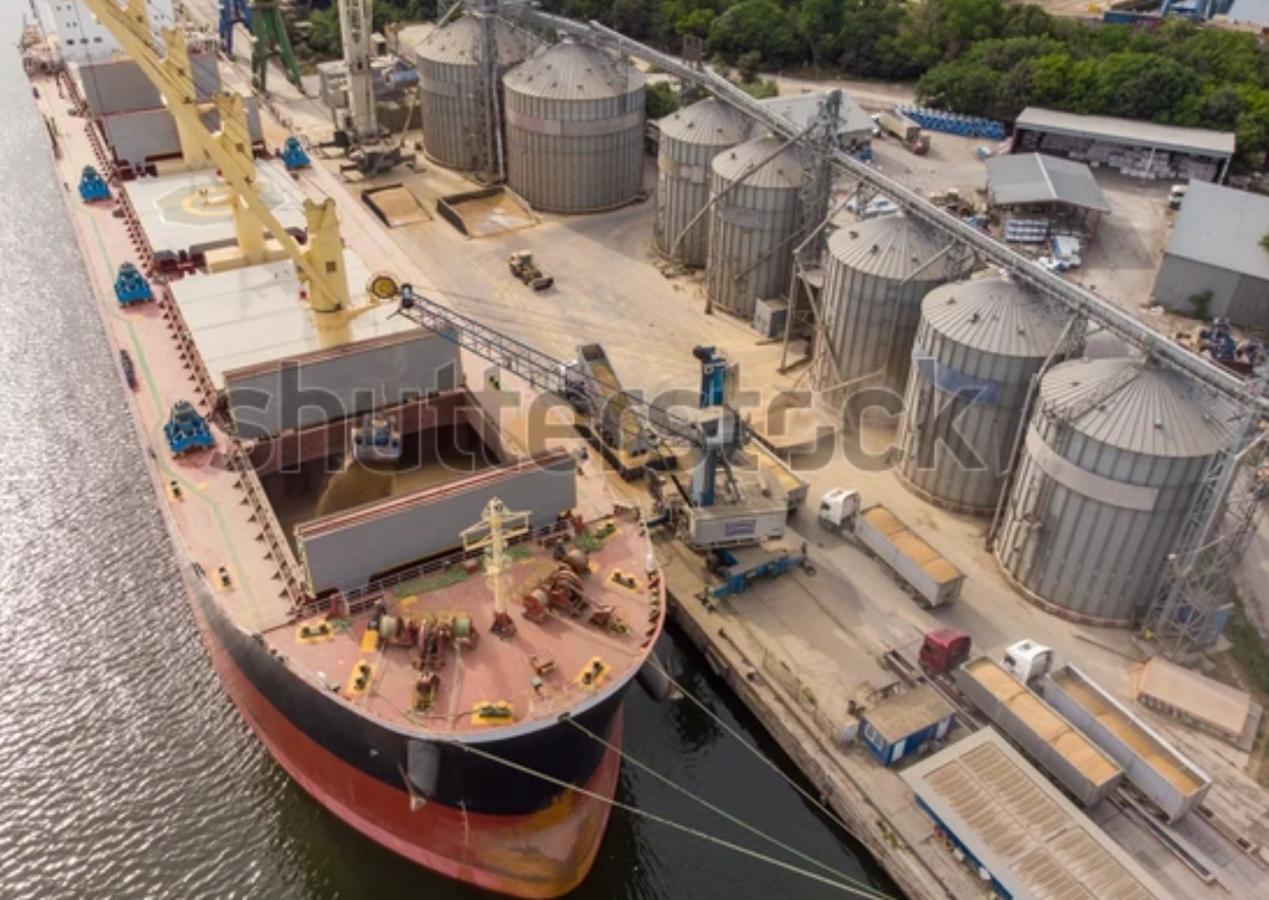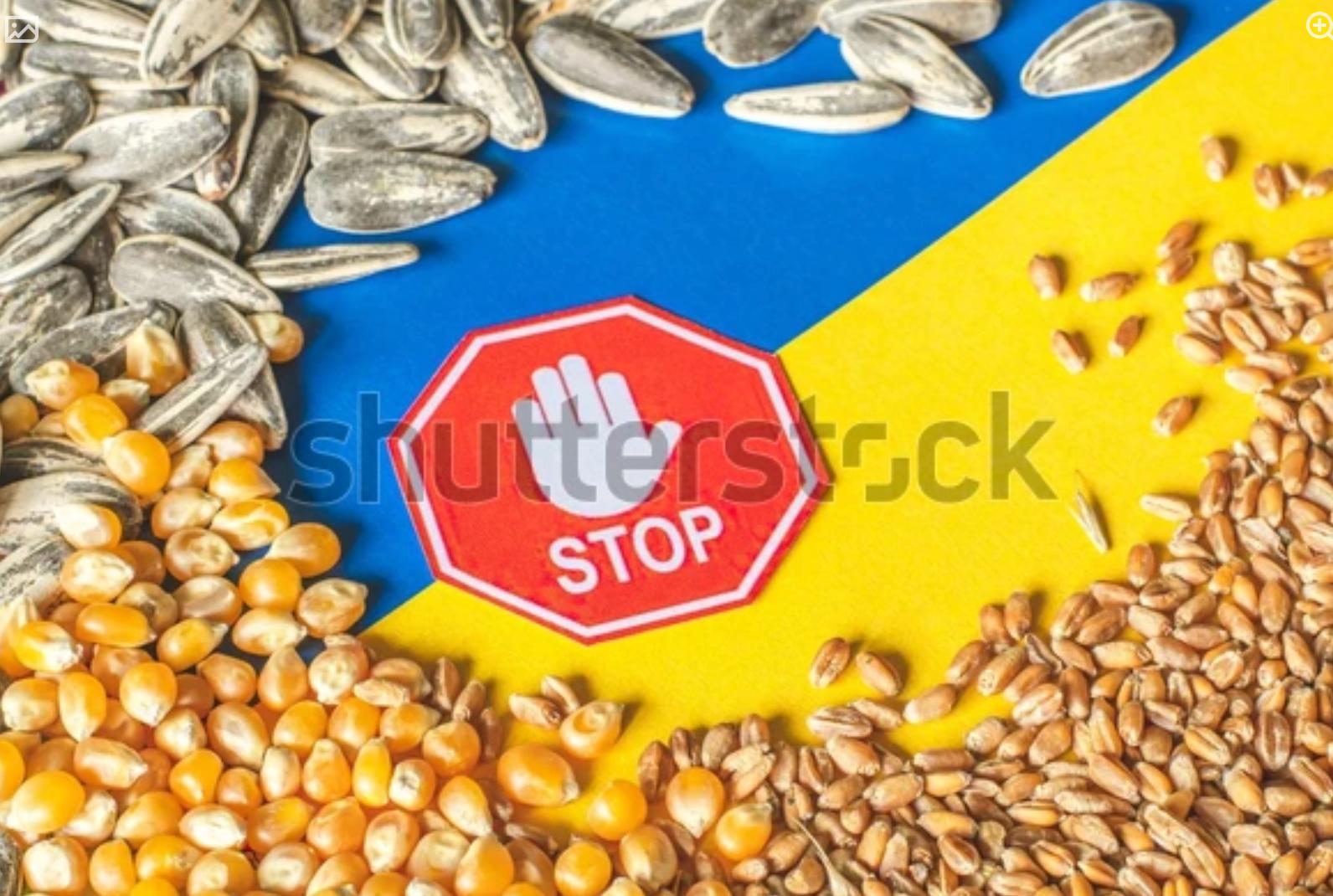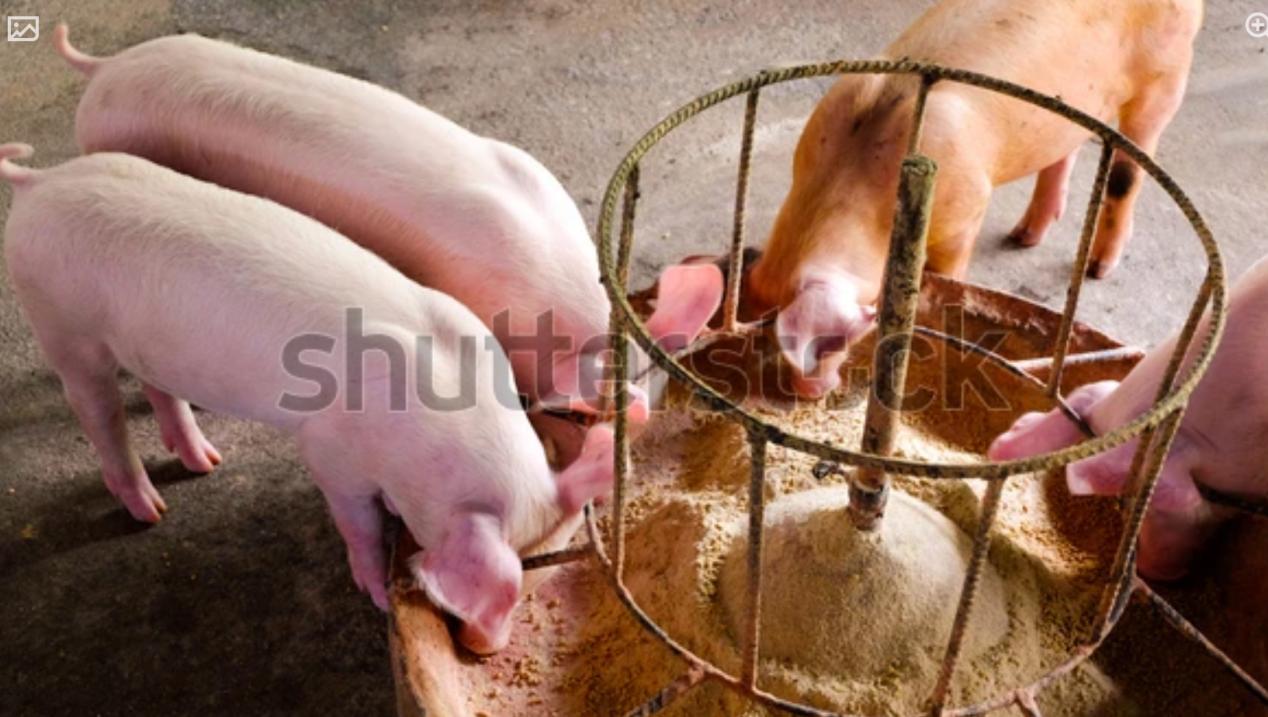
In Turkey, which has been the world flour export champion for the last 7 years, wheat yield is expected to decline due to high temperatures and drought. In its latest report, the US Department of Agriculture (USDA) predicted Turkey’s wheat production this season as 16.5 million tons. USDA’s import estimation is about 11.5 million tons. This figure means a new record for Turkey. The decrease in the forecasts for the wheat production and global stocks of Russia, the world’s largest wheat exporter, also increased the wheat prices in the global stock markets.
These developments challenge the Turkish flour industrialists, who do not want to lose their export markets, in terms of raw materials. Stakeholders of the sector are discussing the effects of drought and the risks to flour export. We interviewed with Mr. Avşin Kaşıkcı, CEO and General Manager of Kavukçu Group, a successful name of Turkish flour industry, about the dangers waiting for the sector, possible steps towards a solution, and the future of world flour trade.
Mr. Kaşıkçı thinks that both Turkey’s flour export and world flour trade will decrease in the coming years. He bases this prediction on both the decrease in flour consumption per capita and the investment of most countries in their own milling industry.
Answering our questions about the Turkish milling industry and the future of world flour trade, Avşin Kaşıkçı’s comments are as follows: Mr. Kaşıkçı, you are successfully managing the Kavukçu Group, one of Turkey’s leading wheat flour and pasta producers. Kavukçu has been supplying flour since 1920. Could you give us brief information about this deep-rooted past of the group? The Kavukçu family has been engaged in flour production since the 1920s. We are currently continuing our production in our three facilities. Two of our mills are in Çorum and one is in Lüleburgaz. We also have a pasta factory in Çorum. Our total daily crushing capacity has reached 2,300 tons with the last capacity increase completed last year. From Doğubeyazıt to İzmir and from Alanya to Sinop, we bring our products together with our customers in almost every part of our country. Likewise, we are one of the leading flour exporters of our country and we export to more than 50 countries.
Mr. Kaşıkçı, you are closely following both Turkey and the world markets. The coronavirus epidemic has led to multifaceted changes in economies. So, how was the international sales of the world export champion Turkish flour industrialist affected in this process? The pandemic brought with it the biggest demand shock the world economy has seen since World War II. According to the World Bank, the world economy shrank by 3.6% in 2020. The tourism, transportation and retail sectors were severely affected. However, if we exclude the HORECA (hotel, restaurant, cafe) segment, there has not been a significant decrease in wheat flour demand in the world and in Turkey, as it is a staple food. In fact, in the early stages of the pandemic, we encountered a very intense demand for flour both from within the country and from abroad. I believe that our industry, which is often unfairly scapegoated during this period, has passed this test successfully. Many flour industrialists, especially Kavukçu, made a commitment not to increase prices for a certain period of time and took a responsible stance. I think this is the best proof that our industry neither has a reflex to raise money unless there are unbearable increases in basic input costs, nor does it have the opportunity due to intense competition in the industry.
CONTAINER CRISIS AFFECTS FLOUR EXPORTS
The panic demand experienced at the beginning of the pandemic returned to normal in the following months. As I mentioned above, I think that there may have been a 10% – 15% decrease in the general flour consumption of our country in 2020 due to the shrinkage in HORECA.
We did not encounter a serious decrease in demand in our export markets during the pandemic. However, the biggest problem for the exports was the container crisis, which started in the last quarter of 2020 and continues today by getting worse. There were unprecedented and sudden increases in container freights. In addition to the price increases, the supply of containers was also a big problem. Lines started not accepting freight independent of price and shutting down service. Unfortunately, this troubling situation I mentioned still continues and our 2021 wheat flour export may therefore be completed at a lower level than the previous year.
If we want Turkey to reach its export target of 500 billion USD, one of the strategic steps we need to take is to keep the container transport sector of our state under close watch and to implement a national line that will break the oligopolistic structure in the sector as soon as possible.
THE GOVERNMENT SHOULD PROMOTE WHEAT PRODUCTION
If we point to the droughts as the only reason we got to this point, it would be wrong. Of course, the drought we have experienced this year has dealt a serious blow to our wheat and barley production. However, even if there was no drought, we would probably still have a deficit of 1-2 million tons. There are a number of things that need to be done for Turkey to become a country with a surplus in wheat again. The foremost of these is to ensure that wheat farming is a profitable business. In the short term, this can be achieved by keeping TMO intervention prices high, increasing direct subsidies, or subsidizing production inputs significantly. In this context, I think the 36% increase in the purchase price of wheat announced by our government this year is correct. Although the depreciation of the Turkish lira has eroded this significant price increase, I think the entire industry should support the change in our state’s approach to the issue.The second issue that I see as important is irrigation. There is no agriculture without water. According to official figures, we are still within 54% of the Southeastern Anatolia Project (GAP) irrigation target. Anatolia will become even drier with the effect of global warming, so irrigation will be of vital importance. Our state should give priority to large irrigation projects that will make the Anatolian steppe green.
Thirdly, we need to reduce the grain demand of the feed industry. The ratio of ready-made feed in animal feed should decrease, the share of pastures should increase. This will ensure that some of the wheat used by the feed industry will remain in the food industry.
Fourthly, I think that our state should be encouraging by creating a legal, economic and social environment that will enable farming to be done efficiently with high technology. On the other hand, I think that the contract farming practice will be beneficial for some products that are low in production and not preferred by the farmer, or for specific wheat varieties. It is said about the post-epidemic that, “Nothing will be the same as before. The epidemic will be a milestone.” We are already experiencing the effects of this in many areas of life. So, what kind of process do we have in front of us in the milling industry? What innovations, changes or standards will this epidemic bring to the industry? Deglobalization, which was on the rise even before the pandemic, seems to have gained a little more power with the pandemic. Countries will take steps to reduce their dependence on foreign sources, especially in basic foodstuffs. Agricultural production and food processing industries will gain even more importance. Likewise, they will diversify their food suppliers, and they will not want to be tied to a single supplier country.
References
https://magazinebbm.com/blog/new-trend-in-the-worldprocure-the-wheat-and-produce-the-flour-in-your-own-country-1800





